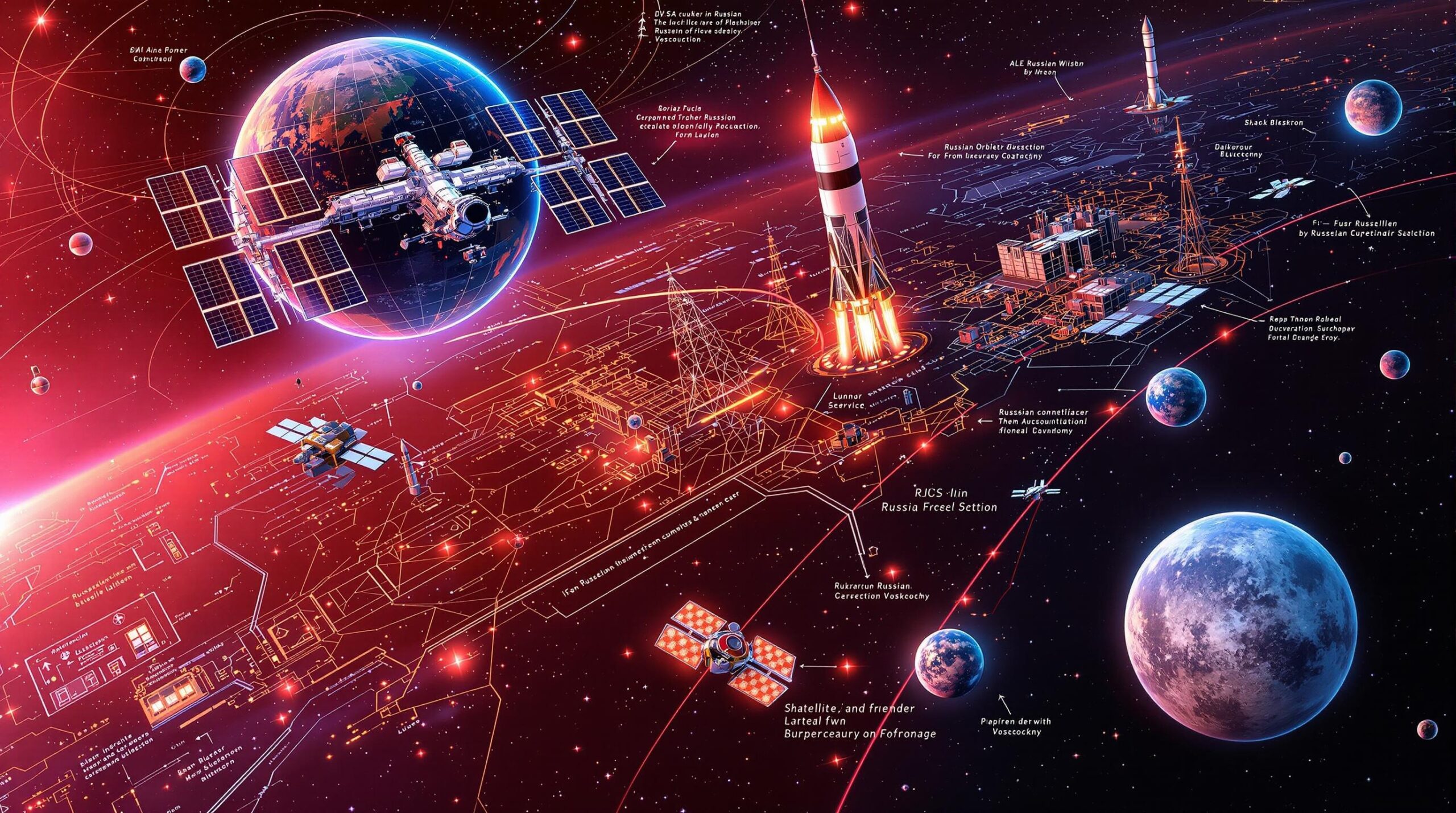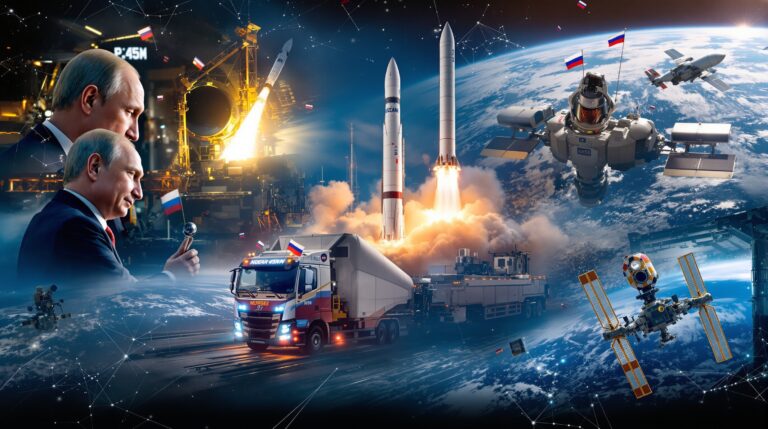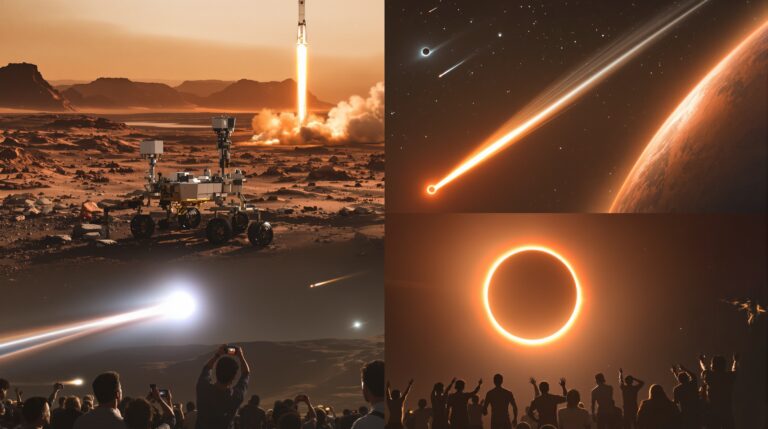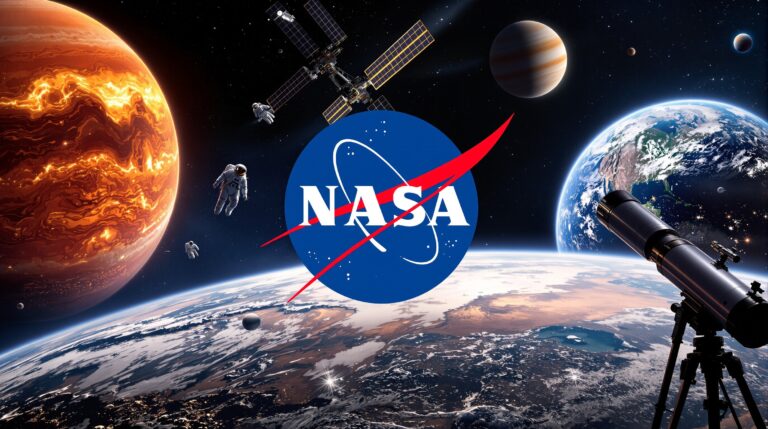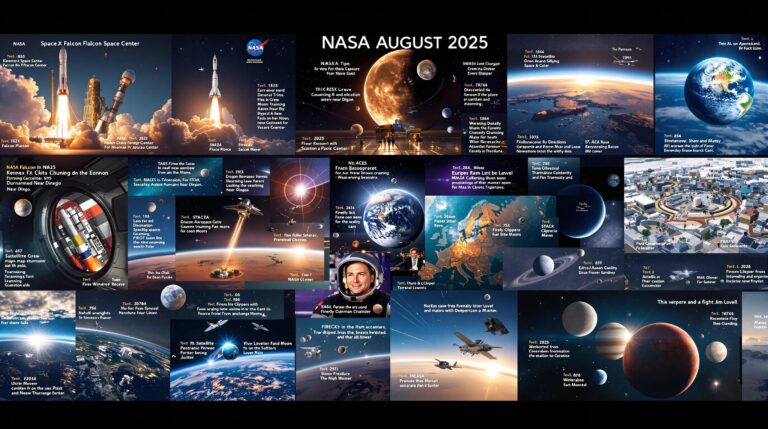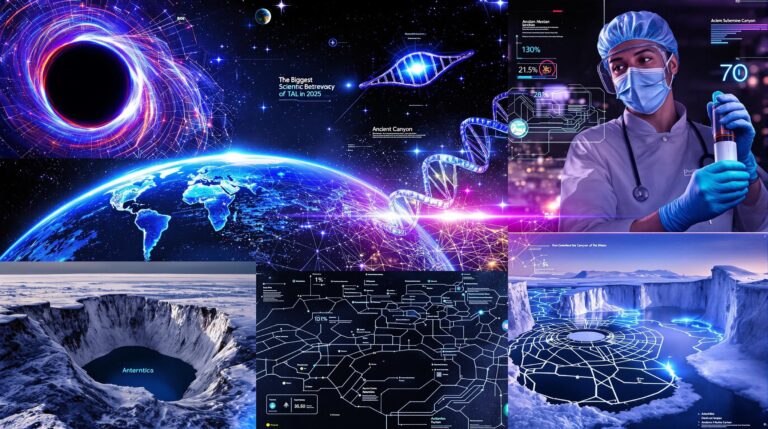Top 10 Russia Space News Updates You Need to Know Today in 2025
Introduction
Russia’s space program continues to make waves in 2025, solidifying its position as a global leader in space exploration.
From groundbreaking satellite launches to ambitious plans for a new space station, Roscosmos is driving innovation despite challenges like funding constraints and geopolitical tensions.
This listicle dives into the top 10 Russia space news updates for today, August 16, 2025, offering insights into missions, technological advancements, and international collaborations that shape the cosmos.
Whether you’re a space enthusiast or a professional tracking global space trends, these updates will keep you informed.
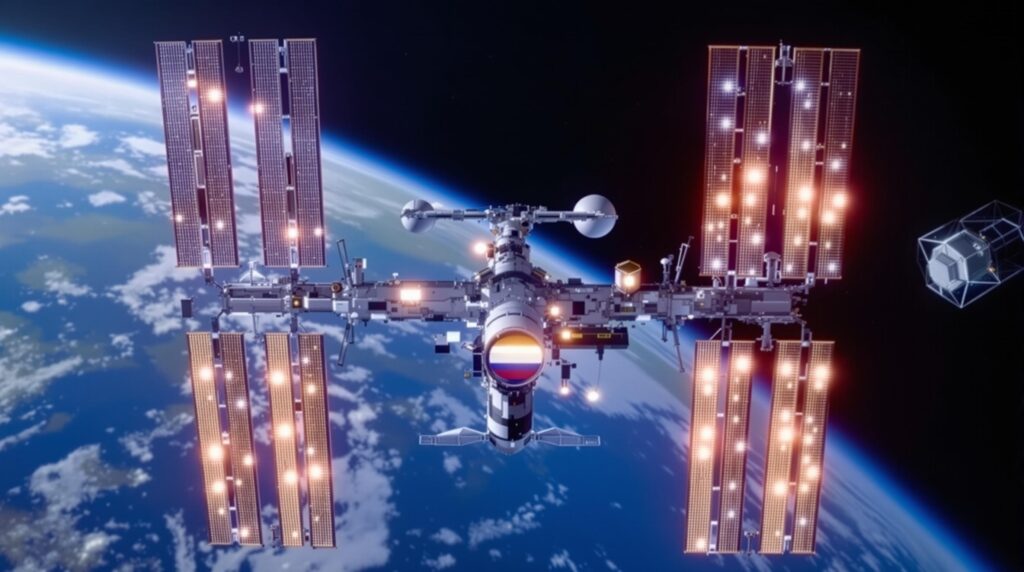
1. Russia Extends ISS Commitment to 2028
Roscosmos, in a landmark agreement with NASA, commits to operating the International Space Station (ISS) until 2028. This decision, finalized during recent U.S. talks, preserves one of the last areas of U.S.-Russia cooperation amid strained relations.
The agreement ensures continued crewed missions, with cosmonaut Oleg Platonov set to join NASA’s Crew-11 mission aboard SpaceX’s Crew Dragon.
This extension aligns with plans to deorbit the ISS by 2030, transitioning focus to Russia’s new space station. Learn more about ISS operations.
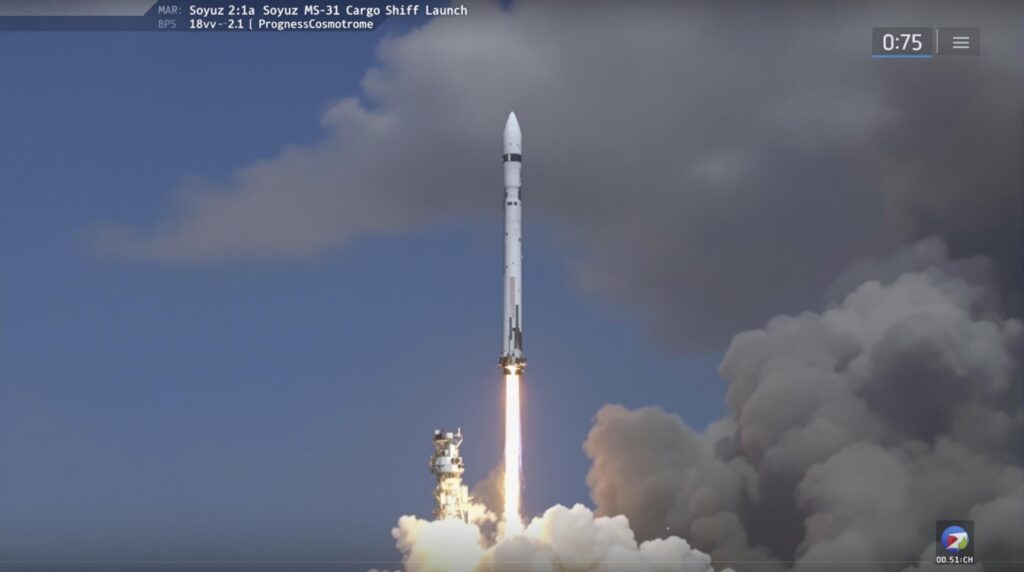
2. Progress MS-31 Cargo Ship Prepares for ISS Launch
On July 3, 2025, the Soyuz-2.1a rocket will launch the Progress MS-31 cargo ship from Baikonur Cosmodrome to resupply the ISS.
Already transported to the launch pad, the spacecraft underwent final assembly on June 30.
This mission highlights Russia’s critical role in ISS logistics, delivering essential supplies to support ongoing experiments and crew operations. Stay tuned for updates on the launch’s success. Explore Baikonur Cosmodrome history.
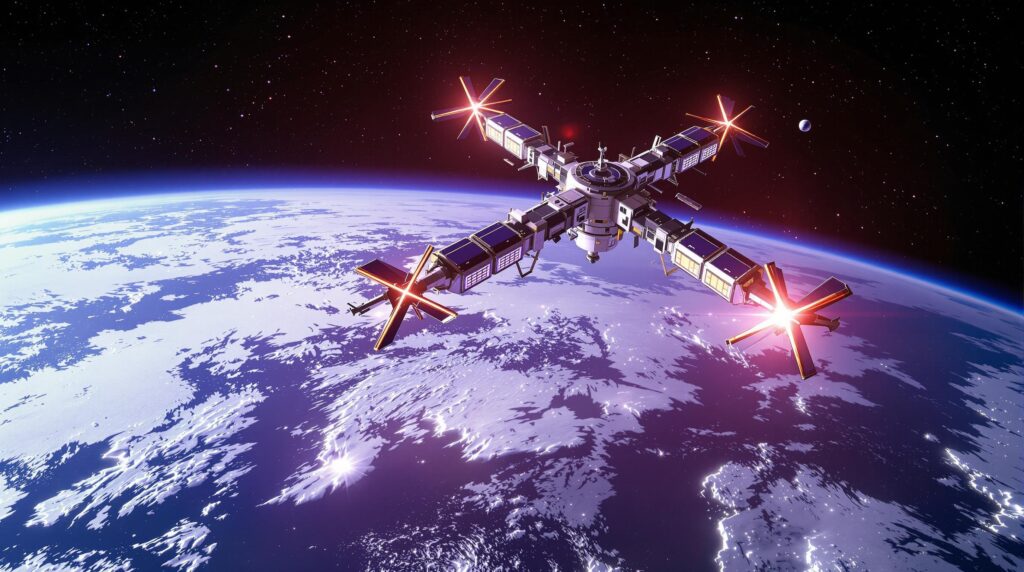
3. Russian Orbital Service Station (ROSS) Set for 2027 Launch
Roscosmos unveils a bold roadmap for the Russian Orbital Service Station (ROSS), with the first module launching in 2027.
This X-shaped station, orbiting at 250 miles in a polar, sun-synchronous orbit, will support Earth observation and strategic monitoring of the Northern Sea Route.
By 2030, four major modules will be docked, with cosmonauts arriving in 2028. The $7 billion project leverages the Angara A5 rocket and AI technologies for construction. Read about ROSS plans.
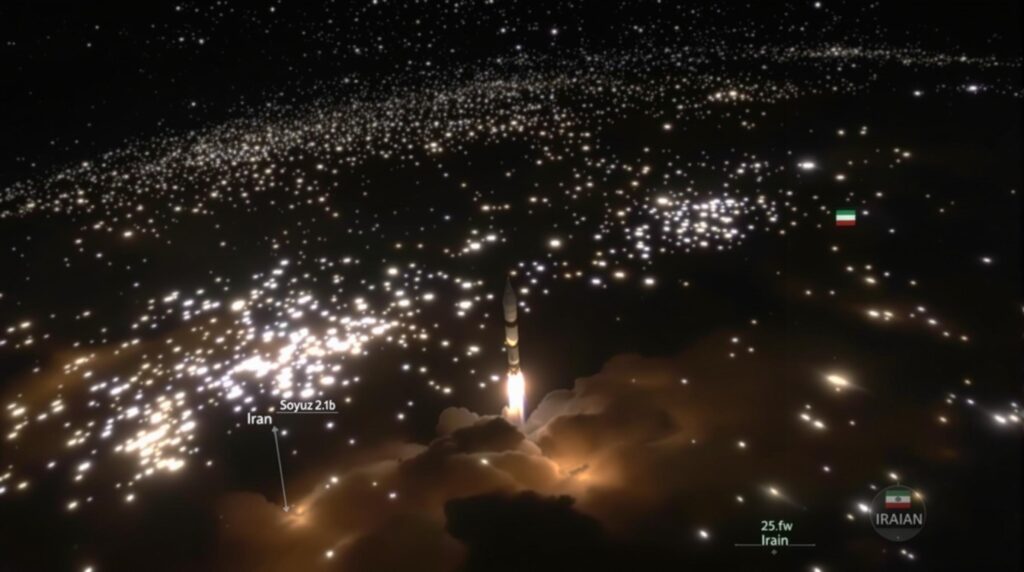
4. Russia Launches Record-Breaking 53 Satellites
On November 4, 2024, Russia set a national record by launching 53 small satellites, including two for Iran, via a Soyuz-2.1b rocket from Vostochny Cosmodrome.
This mission underscores Russia’s growing expertise in deploying satellite constellations, ranking it among the top three nations for remote sensing satellites in 2024. These satellites enhance global communication and observation capabilities. Discover satellite technology.
5. New X-Ray Telescopes Planned for 2032 and 2038
Russia’s Space Research Institute announces plans to launch two X-ray telescopes into orbit in 2032 and 2038. These telescopes will advance astrophysical research, studying cosmic phenomena like black holes and neutron stars.
This long-term commitment reflects Russia’s dedication to scientific exploration, even as it navigates budgetary challenges. Learn about X-ray astronomy.
6. Russian-Chinese Lunar Station Takes Shape
Russia and China collaborate on a three-phase International Scientific Lunar Station, with construction milestones set for the coming decades.
This partnership aims to establish a permanent lunar presence, rivaling U.S.-led efforts.
The project integrates Russia’s expertise in crewed missions with China’s technological advancements, signaling a new era of space cooperation. Explore lunar exploration.
7. Kalinka System Targets Starlink in Space Conflict
Russia develops the Kalinka electronic warfare system, dubbed a “Starlink killer,” to disrupt SpaceX’s satellite network used in Ukraine’s defense.
The Secure World Foundation reports Russia’s use of Tobol installations to interfere with Starlink signals, highlighting the growing militarization of space.
This development raises concerns about the safety of geostationary orbits. Read about space security.
8. $56 Billion Space Program to Close Global Gaps
The Russian government approves a $56 billion, decade-long space program to compete with rivals like the U.S. and China.
The plan prioritizes the Rassvet satellite internet system over the Sfera constellation, aiming to enhance connectivity and technological capabilities.
This ambitious initiative awaits President Vladimir Putin’s final approval. Learn about global space programs.
9. Cosmonaut Training Simulators for ROSS Advance
The Gagarin Cosmonaut Training Center (GCTC) accepts the operator’s workplace for a new-generation spacecraft simulator on November 27, 2024.
The first ROS simulator modules will arrive in 2027, preparing cosmonauts from Russia and allied nations for the Russian Orbital Service Station.
This development ensures Russia maintains its edge in crewed spaceflight. Discover cosmonaut training.
10. Soyuz MS-27 Docks with ISS in Record Time
On April 8, 2025, the Soyuz MS-27 spacecraft, launched from Baikonur, docked with the ISS in just three hours, carrying a crew of three.
This rapid transit demonstrates Russia’s efficiency in crewed missions, reinforcing its pivotal role in ISS operations. The mission supports ongoing scientific research and international collaboration. Read about Soyuz missions.

